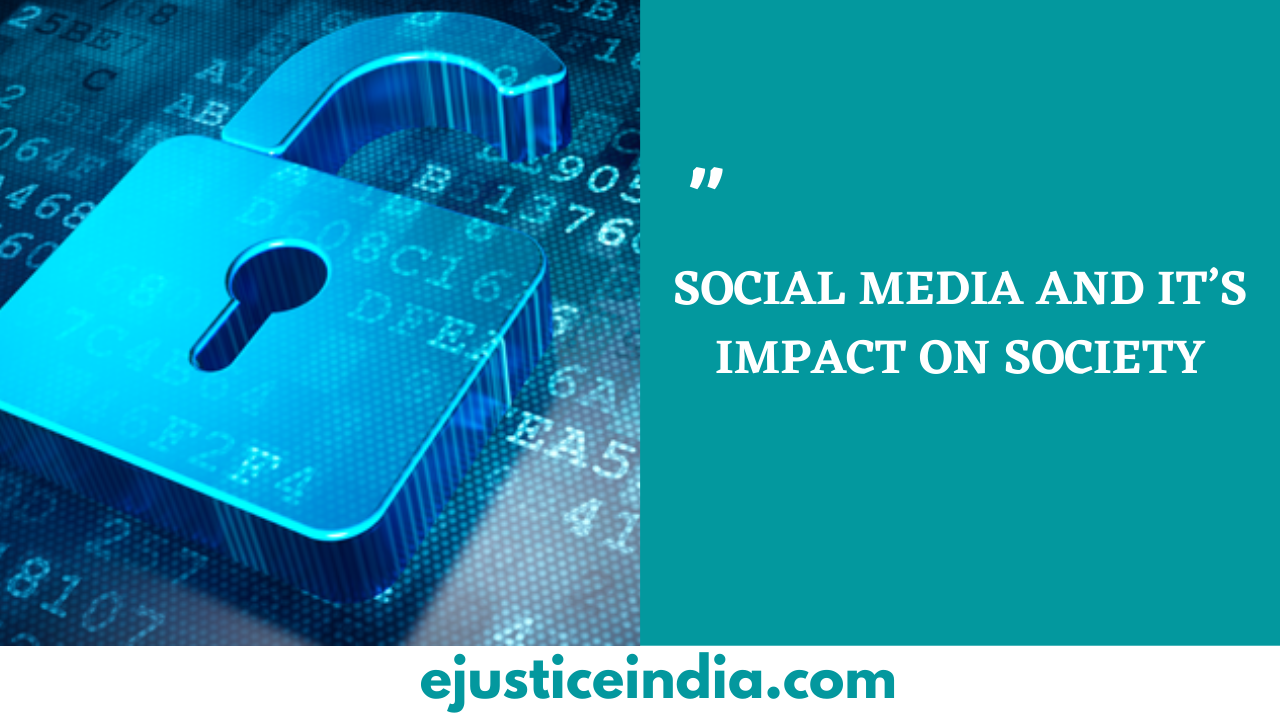JUGDES APPOINTED VS ELECTED
JUGDES APPOINTED VS ELECTED
Author : Darshi Sanghvi
INTRODUCTION
The foundation of any democracy is laid by its judiciary. It is this third organ of the government that enables the smooth functioning of a democracy by applying relevant laws to cases and settling any disputes that may arise. In the eyes of citizens, the judiciary is always seen as the most important organ of the government, considering the fact that it acts as the guardian of the Constitution, constantly providing protection to them against the potential excesses of the remaining two organs: legislative and executive. It weighs a lot more than the other two organs due to its function of protecting fundamental rights. It is judges that make a judiciary what it is. Efficient judges make for a successful judiciary. It is believed that the true meaning lies in the judgements given by judges.
The procedure of selecting judges varies worldwide. However, the two widely accepted forms of selection are election and appointment.
- JUDICIAL SELECTION METHODS:
- JUDICIAL ELECTIONS
As citizens, we are often led to believe that the best form of government is the one in which we, the people elect our respective representatives. This begs the question: is direct democracy in the judicial branch through judicial elections beneficial over appointment?
Here’s a comprehensive yet inexhaustive list of pros and cons of judicial elections:
PROS:
Direct democracy shall enable citizens to exercise maximum control over the government, which might make this look as a better option in the opinion of citizens.
Election and re-election compel the judges to work more efficiently and productively and to be approachable and friendly towards the crowd, in order to keep their jobs.
Elected judges will always pass a judgment which is in the best interest of the citizens, to keep them satisfied at all times.
There is a miniscule possibility of elected judges being indebted to the governor or legislature, as compared to judges that may be appointed through some political leadership.
An elected judge would think twice before changing the public policy, since he is answerable to the public.
CONS
Direct democracy in the court system would result in majority rule in the courts, to a certain extent. It is the objective interpretation of law that shall drive judicial rulings, rather than public opinion.
Several times the election may be based entirely on party affiliation, which shall hamper the fairness of justice.
An elected judge’s campaign can be influenced by the interest groups and lawyers that appear before him.
The public’s insufficient knowledge of law could make them choose an individual who is not entirely qualified.
JUDICIAL APPOINTMENT
The judicial branch often breaks loose from direct democracy by opting for judicial appointments, especially in India.
Here’s a brief analysis of the pros and cons of this method of judicial selection:
PROS:
The appointment of judges aptly meets the goal of the judicial branch of reading and interpreting the law.
At times, justice can only be meted out by making tough decisions, some of which might not always make people happy. An appointed judge would give law a priority, rather than always taking decisions that please the public, but are not necessarily right.
The background and past records of the candidate are both aptly assessed by the President and the Governors.
Appointment of judges keeps the judiciary from being politicised.
CONS:
The system renders plenty of power to the Presidents and Governors, which in all probability, can be misused by them.
The overturning of the legislation and several other executive orders can be resisted by the appointed judge.
High preference can be given by the appointers to political considerations rather than the true qualifications of the judge.
The accountability to people is reduced through this method of judicial selection.
ANALYSIS
In order to ensure unbiased court ruling, the only resort is to opt for judicial appointment. Judicial appointment gives the judges complete authority to take a decision that is in the best interests of all, regardless of whether the voters support it. Since the appointers are the highest officials, there is an assurance that only the most qualified candidates would be appointed. These words of Benjamin Whichcote speak for themselves; “The judge is nothing but the law speaking”.


